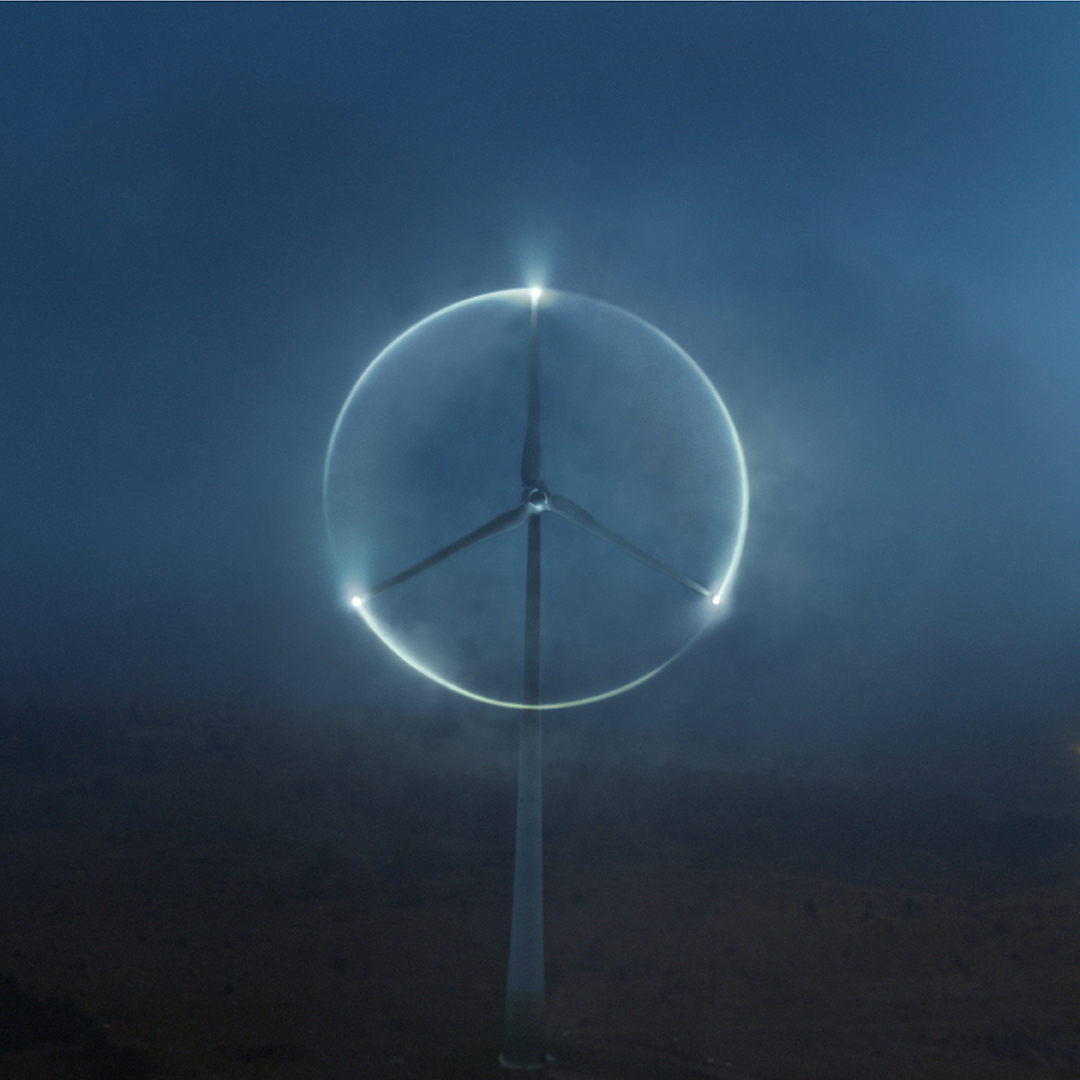Mercedes-Benz Gears the Future of Driving Toward Sustainability

By virtue of climate protection, the automobile industry is driving toward a sustainable future. Electric vehicles (EV), smart design and earth-friendly supply chain practices are part of an evolving relationship between our cars and our environment. Where luxury and sustainability are not mutually exclusive, Mercedes-Benz is spearheading climate action as part of the brand’s innovative ethos. “We believe that Mercedes-Benz has an incredible opportunity to demonstrate real leadership in the global shift toward sustainable solutions,” says Eva Wiese, president and CEO of Mercedes-Benz Canada. “From product development to infrastructure, it truly defines every decision we make.”
As a growing number of business leaders address the climate crisis through new and sustainable practices, the national conversation around climate change is beginning to mature and encourage tangible results within the automotive industry. Take the Mercedes-EQ brand, for example: the lineup of all-electric vehicles launched in Canada earlier this year and is quickly ushering in a new era of luxury driving to the Canadian market. “Being electric is just one of the many elements that make these vehicles stand out from the competition,” says Wiese. “In meeting our customers’ high expectations and standards, we see Mercedes-EQ as the definition of progressive luxury.” Woven into each vehicle’s aerodynamic design and tech-enabled features is a process that emphasizes resource-efficiency and renewable materials—think carpets for the flagship EQS model made from recycled fibres, or even key components of the all-new VISION EQXX made from food and garden waste, cardboard and even diapers.
As a brand nearing its 100th anniversary and having quite literally invented the automobile, Mercedes-Benz has remarkably positioned itself as a continued leader and innovator of the modern driving experience. Living up to this reputation, its Mercedes-EQ line is a powerful stride within the company’s holistic and comprehensive sustainability strategy.
The company innovated the world’s first car part made of transformed CO2 last year—a byproduct of its collaborative research with Israeli startup UBQ Materials; for which it earned a Sustainability Award. On a wider scale, the global production of Mercedes-Benz will be CO₂-neutral at its own plants starting this year, and electricity purchased for all Mercedes-Benz plants will also come exclusively from renewable sources – in other words, 100 percent green electricity worldwide. “When you pair these substantial actions with our vision of an emission-free fleet of vehicles, it’s clear that our commitment to climate protection and air pollution control is a core element of our business strategy,” says Wiese, referring to the brand’s Ambition 2039 campaign.
Climate change is a global problem with global consequences, which require collective action. As a company operating across the globe, Mercedes-Benz has tailored its Ambition 2039 goals to propel every aspect of the company into an earth-conscious future for the industry. By the end of this year, Mercedes-Benz will have battery electric vehicles (BEV) in all segments the company serves, and plans to go all-electric by the end of the decade, where market conditions allow. Along with continued research initiatives and a unique green power concept, the company aims to be entirely carbon-neutral by 2039.
As important as it is to provide high-quality, electric vehicles to the Canadian market, just as important are the investments made into their integration and success. Manufacturers across the globe can look to Mercedes-Benz and its ecosystem approach as a blueprint for developing a well-oiled (but oil-free) fleet of electric vehicles. Currently, Mercedes-EQ drivers have access to nearly 9,000 public charging ports in total across the country, including more than 1,300 DC fast-charging ports. “A widespread, easy-to-use, fast charging network is crucial to our success,” says Wiese. “Our groundbreaking Mercedes-EQ vehicles need to be paired with a leading customer ecosystem and that’s why we’ve worked so hard to ensure we have the right partners working with us to invest in this charging infrastructure across Canada.”
Making over the automobile is no easy feat, but it seems Mercedes-Benz doesn’t see this evolution as a reinvention of the wheel, so to speak. For a company with a track record of remaining ahead of the curve, instilling sustainability into the luxury driving experience is a natural step. “We firmly believe that there is no contradiction between a premium luxury experience and sustainability,” says Wiese. “In fact, the two go hand-in-hand quite nicely!”
To learn more about Mercedes-Benz’s sustainability efforts and the full Mercedes-EQ specialty brand, click here.
